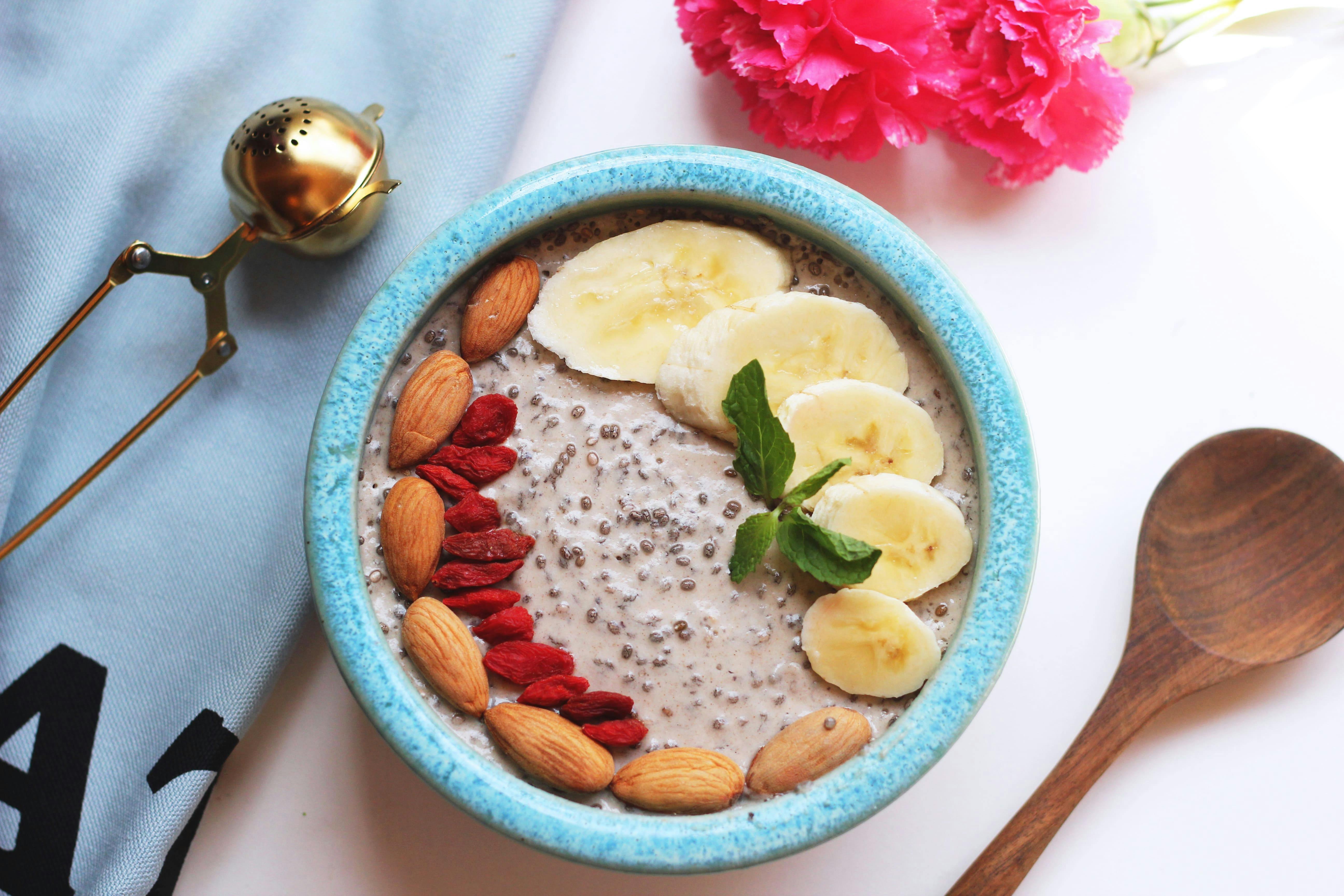Best 7 Hairy Guinea Pig Tips for Keeping Your Pet Happy in 2025

Owning a hairy guinea pig can be an immensely rewarding experience, bringing joy and companionship into your life. However, their unique needs necessitate specific care strategies that ensure their happiness and well-being. In this article, we'll share the essential tips for keeping your fluffy pet content in 2025. These tips range from grooming practices to diet and socialization techniques, ensuring your guinea pig leads a healthy and fulfilling life.
1. Understanding Guinea Pig Care Basics
Before you adopt a hairy guinea pig, it’s crucial to understand the basics of guinea pig care. This encompasses creating a suitable habitat, providing a balanced diet, and ensuring they receive health checks. A spacious cage with proper bedding and ventilation is vital for their guinea pig habitat. Regular cleaning and the right environment can significantly impact their happiness and overall health. Consider including a cozy hideaway for them to retreat to, promoting their natural behaviors and making them feel secure.
Choosing the Right Habitat
The habitat you select for your furry friend significantly affects their health. Opt for a spacious cage designed specifically for guinea pigs, preferably measuring at least 7.5 square feet. This allows them ample room to roam and play. Remember to line the bottom with a soft, non-toxic bedding material such as aspen shavings or paper-based bedding to absorb moisture and odors. Regular cleaning of the cage will prevent buildup of waste and maintain a safe environment for your guinea pig.
Essential Guinea Pig Accessories
When it comes to accessories, ensure you invest in essential guinea pig accessories such as tunnels, chew toys, and hay racks. These stimulate their play behavior and enhance their environment, making it more enriching. Tunnels encourage exploration and exercise, while chew toys help maintain their dental health, a common concern for all guinea pig breeds. Also, consider contacting an experienced veterinarian for advice on guinea pig health and appropriate accessories.
2. The Importance of Grooming
Proper guinea pig grooming is essential, especially for long-haired guinea pigs that require more attention than their short-haired counterparts. Regular grooming helps remove loose hair and prevents matting, ensuring your pet maintains good hygiene and overall health. Make grooming a weekly routine to keep their fur looking tidy and reduce shedding.
How to Groom Your Hairy Guinea Pig
When grooming your hairy guinea pig, start with a gentle brush designed for guinea pigs, focusing on sensitive areas like the belly and tail. Work slowly, allowing them to become accustomed to the process. If you encounter mats in the fur, use a detangling spray designed for pets to help ease them out. Additionally, assess their nails regularly and trim them as needed to prevent discomfort. Regular grooming not only promotes a healthy coat but also helps in building trust and a deeper bond between you and your guinea pig.
Grooming Frequency for Guinea Pigs
The frequency of grooming will depend on the type of guinea pig breeds you have. Long-haired varieties may need daily grooming to prevent tangles, while short-haired breeds might require grooming just once a week. Maintaining a consistent grooming schedule fosters familiarity and reduces stress during the grooming process, allowing your pets to associate it with positive interactions.
3. Feeding Your Guinea Pig Right
A proper diet is critical for your guinea pig’s well-being. Understanding their dietary needs is vital to provide optimal nutrition. Long-haired guinea pigs have similar dietary requirements as any other breeds, centered around fresh hay, specially formulated guinea pig pellets, and a variety of fruits and vegetables. Ensure their food options are diverse to promote health and stave off monotony.
Best Foods for Hairy Guinea Pigs
The best diet for your hairy guinea pig includes unlimited access to high-quality hay, specifically timothy hay or meadow hay. Hay plays a crucial role in digestion and helps maintain dental health. Supplement their diet with daily servings of fresh vegetables such as bell peppers and leafy greens, alongside a small daily portion of high-quality pellets designed for guinea pigs. Be cautious with fruits, offering them sparingly as treats due to their high sugar content.
Understanding Guinea Pig Treats
Choosing treats wisely is essential for maintaining your guinea pig’s health. Look for wholesome options specifically made for guinea pigs and avoid human treats that may be unhealthy. Opt for plain wooden chew sticks or small amounts of dried herbs to enhance their diet. Remember, treats should never replace their core nutritional needs; think of them as an addition to a balanced diet.
4. Boosting Your Guinea Pig's Happiness
Finally, to keep your guinea pig not just healthy but also happy, focus on fostering a suitable environment for social interaction and playtime. Regular interaction with your guinea pig promotes a strong bond between you two and encourages them to engage with their surroundings, making for an enriching life.
Guinea Pig Playtime Activities
Interactive play is crucial for your guinea pig's happiness. Provide them with various toys—such as tunnels, climbing structures, and chewable items—to keep them entertained. Additionally, setting aside time every day to handle and play with your pet will enhance their well-being. Placing different toys or changing their environment every so often can keep them stimulated.
Encouraging Guinea Pig Socialization
Guinea pigs are social animals, often benefiting from time spent with fellow guinea pigs. If you have the capacity, consider adopting another guinea pig to keep them company. Ensure gradual introductions while monitoring their interactions to establish a harmonious bond. The social dynamic within social groups produces happier and more relaxed guinea pigs.
Key Takeaways
- Establish a suitable and clean habitat for your guinea pig to thrive.
- Prioritize regular grooming and maintain a consistent feeding schedule.
- Encourage social interaction and stimulating play to boost their happiness.
- Be attentive to their nutritional needs with a varied diet of fresh hay, vegetables, and high-quality pellets.
- Adopt a second guinea pig to support their socialization needs if possible.
FAQ
1. How often should I groom my hairy guinea pig?
Your hairy guinea pig requires grooming depending on its fur type. Long-haired breeds should be groomed daily, while short-haired breeds typically need weekly grooming to keep their fur healthy and free of mats.
2. What vegetables can I feed my guinea pig?
Some guinea pig-friendly vegetables include bell peppers, spinach, and carrots. It’s important to introduce new foods gradually and in moderation to ensure that they do not upset their digestive system.
3. How can I tell if my guinea pig is healthy?
Signs of a healthy guinea pig include bright eyes, a shiny coat, and active behavior. Regular weight checks and observing their eating and drinking habits will also indicate their overall health. Any noticeable lethargy or changes in behavior may require further investigation.
4. Why is socialization important for guinea pigs?
Guinea pigs are highly social animals that thrive in the company of their kind or human interaction. Positive social experiences help reduce stress, promote mental well-being, and prevent loneliness, leading to happier pets.
5. What should I consider before adopting a second guinea pig?
Before adding another guinea pig to your home, ensure that you have the space, resources, and time for a proper introduction. Observe their interactions carefully to foster a peaceful relationship and monitor for signs of stress during the bonding process.
